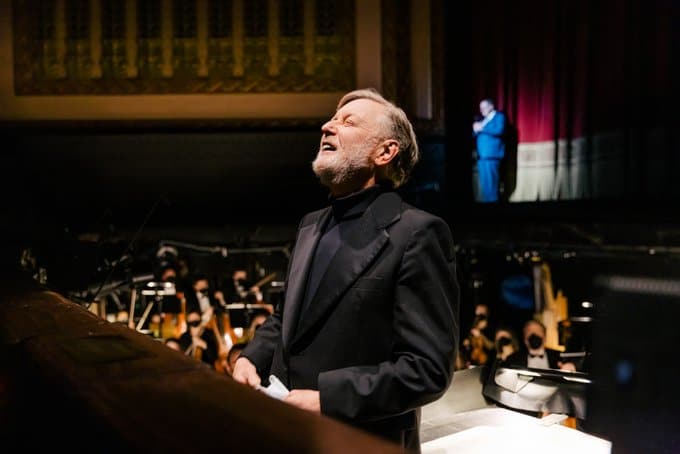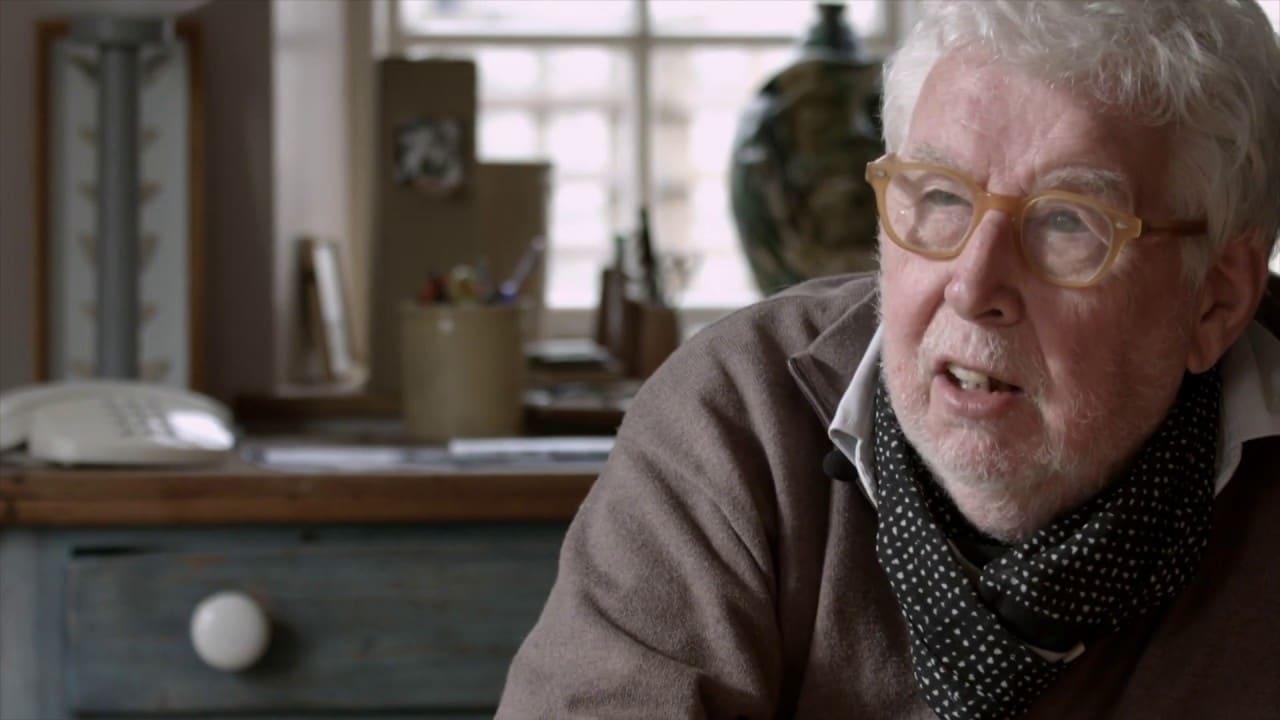Record critic resigns over skewed reviews policy
mainOne of Fanfare’s veteran reviewers has quit, in part over our exposure of the magazine’s dubious editorial practices.
Charles Timbrell is professor of music at Howard University, Washington, DC.. His resignation letter follows. Beneath it you will find his mission statement on the Fanfare website.
Although Lebrecht’s expose wasn’t the primary reason for my resigning as a Fanfare critic several days ago–after 20 years– it was certainly a contributing factor. For my part, I can say that the editor’s general policies were known to Fanfare critics, but the specifics of his offers to recording artists were not. I found it smarmy, from the very beginning. On the other hand, I must say that I was never asked to write a negative review, nor was I ever told whether an artist or a CD company had or had not placed an ad. At worst, I might get a CD marked by the editor: “Review only if positive.” There were quite a few that I decided not to review for that reason. At which point, I suppose the CD was sent to another critic with the same admonition.
Charles Timbrell
Washington, DC

| Charles Timbrell |  |
 |
| Contributor Biography | |
| I began my piano studies at age five, and by the time I was 14 I was hooked on music for life, practicing hard and spending all my allowance on bus trips into New York City to attend concerts and buy books and records. I still have some of those first LPs: Berg’s Wozzeck (Mitropoulos), Brahms’s Symphony No. 3 (Walter), Hindemith’s Four Temperaments (Aller), Mozart’s Piano Concerto No. 17 (Bernstein), Ravel’s Piano Trio (Alma Trio). In those days my idol was Glenn Gould, so I didn’t listen to or play much Romantic music. In prep school I concentrated on academics, but in my senior year I was able to retreat to the practice room often enough to play a successful audition at Oberlin Conservatory, where my wonderful teacher Emil Danenberg quickly quashed my Gould mannerisms and fed me a strong diet of the right stuff. And I made a point of hearing recitals by every great pianist that I could—Moiseiwitsch, Rubinstein, Richter, Serkin, Michelangeli, Novaës, Arrau, and Horowitz. I then went to the University of Michigan, where I got my masters with Benning Dexter, a student of Liszt’s student Alexander Siloti. Next came two years of study in Rome with Busoni’s student Guido Agosti, followed by a doctorate at the University of Maryland with Stewart Gordon, who instilled in me a love of French music. After that I enjoyed my first teaching experiences and my first major recitals in New York, Washington, London, and Rome. On various occasions since then I’ve been able to play for some wonderful French pianists, including Gaby Casadesus, Monique Haas, Vlado Perlemuter, and Eric Heidsieck.Writing has always been a major interest of mine, and I still remember the thrill of seeing my first words in print—a review of the harpsichordist Sylvia Marlowe I wrote at age 16. My record collection mushroomed in the 1970s and I devoured all the record magazines, especially Fanfare. Finally, one day in 1990 I approached Editor Joel Flegler about the possibility of being taken on as a critic. He agreed, and I have greatly enjoyed the association ever since. My other publications include French Pianism (Amadeus Press, 2nd ed., 1999), numerous articles in American and foreign journals, performing editions of Bizet’s Jeux d’enfants and Chopin’s Barcarolle (Alfred Publications, 2004 and 2007) and Prince of Virtuosos: A Biography of Walter Rummel, American Pianist (Scarecrow Press, 2005). Currently I am working on an edition of Mozart’s sonatas for piano duet.I never tire of practicing and performing Schumann’s piano music, reading through unfamiliar chamber music and songs, listening to Mozart, Fauré, and Debussy, and reading the latest biographies of musicians. My main activity, though, is as professor of music at Howard University in Washington, D.C., where I enjoy teaching piano, piano pedagogy, and piano literature. | |





Review only if positive ? what kind of review is that ? . Anyway the readers have opinions too. Unbelievable reviews policy
Fascinating that the editor asked explicitly for positive reviews only. I think usually that’s more of an underlying assumption at classical music magazines – that they just won’t touch albums that don’t merit good reviews. That’s why you see pages and pages of gushy four- or five-star praises but never a one-star pan.
On one hand, there’s a certain logic to that as a consumer guide: only tell people about music worth spending your money on and don’t waste valuable print space on the rest. But on the other hand, it’s giving a pass to mediocrity if magazines never call attention to it.